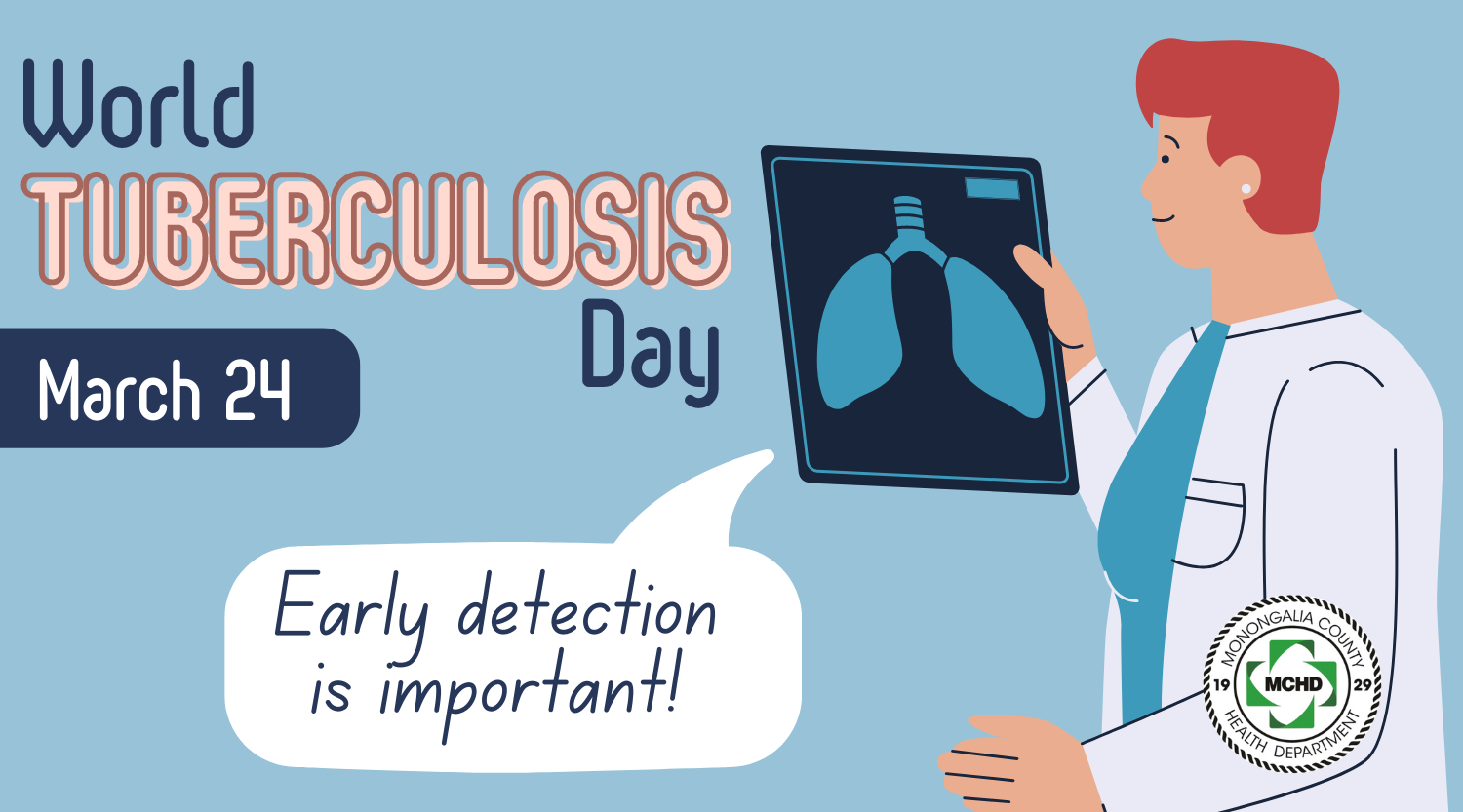Tuberculosis: The silent killer

Mar. 23, 2023
By Katie Minor
First Lady Eleanor Roosevelt was one of the most influential political and social activists of the 20th century. She worked on behalf of causes like women’s rights and used her position of influence to advocate for those who were marginalized and oppressed.
To Americans at the time, Roosevelt’s toughness probably made her seem invincible. Where did that toughness come from?
In 1918, shortly after the birth of her first child, Roosevelt was diagnosed with the disease some call the “silent killer:” tuberculosis. Roosevelt was able to recover after several months in a sanatorium, remaining committed to her activism while she received treatment.
Some of the biggest names in history struggled with TB. There was the French composer Frederic Chopin, who often had to play the piano while lying on a sofa because he was too weak to sit up for long periods of time. The author George Orwell sometimes stood on his head to “clear his lungs” so he could breathe more easily.
Tuberculosis is a bacterial infection that usually attacks the lungs, but it can also affect other parts of the body, such as the brain, kidneys or spine. That’s why Friday is World TB Day – bringing awareness to this major public health problem that is treatable and curable.
Tuberculosis might sound like an antiquated disease in 2023, but according to the World Health Organization, TB is one of the top 10 causes of death worldwide, with an estimated 1.5 million deaths in 2020.
That number is much lower in the U.S. “We have a low rate of TB within the United States, so people are normally surprised if they have a positive test,” said Lori Rose, a registered nurse at Monongalia County Health Department, who often conducts tuberculosis tests.
“TB is more common outside of the U.S,” she added. “If you are traveling to an area that has a high transmission rate, it would be recommended to avoid close contact, crowded enclosed environments or prolonged time with someone who is a known active TB patient.”
Traveling outside of the U.S. is almost always how Americans come in contact with tuberculosis, so travelers should always get tested when returning from countries with high transmission rates, such as India, Indonesia and China.
The COVID-19 pandemic has made it even more challenging to diagnose and treat TB.
“There were definitely fewer people getting tested during the pandemic. Then once some of the restrictions were lifted, there was a rise in testing.” Rose said.
Rose believes that part of the reason there was a rise in TB testing after the pandemic had to do with people returning to work. Many employers require a purified protein derivative (PPD) or tuberculin skin test (TST), both of which detect tuberculosis in patients.
So, why is TB called the silent killer? TB often has no symptoms or it might be mistaken for something else. It can take months or even years for someone to realize they have TB, which means they can unknowingly spread it to others.
This is why it’s important for people to get tested if they suspect they might have it, especially if they have been in close contact with someone who has been diagnosed with TB.
“The bacteria hangs out in the lungs and when an infected person talks, coughs, or sings then the TB bacteria can enter the air and people nearby can inhale that bacteria,” Rose said.
The good news is that TB is preventable and curable with the right treatment. The key is early detection and proper treatment. If you or someone you know has been diagnosed with TB, it’s important to follow the treatment plan prescribed by your health-care provider. Skipping doses or stopping treatment early can lead to drug resistance, which makes it harder to treat and more dangerous.
“The West Virginia Division of Tuberculosis Elimination has a program that allows people to be treated and followed by a doctor all for free,” Rose said.
You can also get tested for TB at MCHD Clinical Services. To make an appointment, call 304-598-5119. And don't forget to check out our TB program.
If we all follow the proper steps and precautions when it comes to this disease, TB elimination is possible.